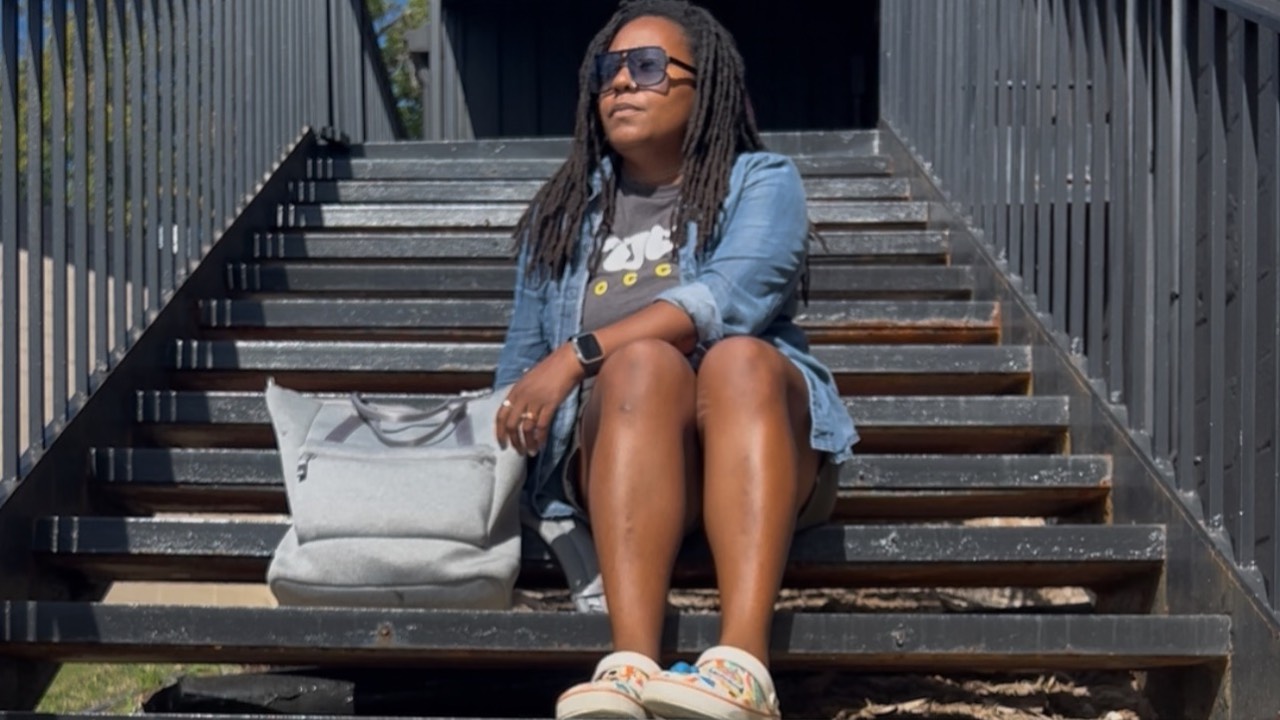The Court Can’t Give You Closure: What It Can (and Can’t) Do in Divorce
Sep 29, 2025
When you’re in the thick of a high-conflict divorce or custody case, it’s easy to pin all your hopes on the court.
“If I can just get this in front of a judge…”
“If I can just get a court order…”
“If the decree is signed, then I’ll finally feel peace…”
But here’s the hard truth: the court can’t give you closure.
Yes, the court can issue orders, set schedules, and even hold someone in contempt. But it cannot fix the emotional damage left behind by a toxic or controlling ex. It cannot make your co-parent suddenly reasonable. And it cannot give you the peace you’re desperate for.
What the Court Can Do
The court has a very specific role in divorce and custody: it sets the rules.
- Issue Custody and Parenting Time Orders: Who has the kids, when, and under what conditions.
- Establish Support Obligations: Child support, spousal maintenance, health insurance contributions.
- Divide Assets and Debts: Houses, cars, retirement accounts, credit cards.
- Enforce Compliance: If someone refuses to follow the order, the court can impose fines, modify custody, or even jail for contempt.
In other words: the court can give you a framework. It creates the scaffolding your post-divorce life will stand on.
What the Court Cannot Do
This is where so many women feel blindsided.
- It can’t force your ex to be decent. If he ignored your needs before, don’t expect him to respect them now.
- It can’t undo years of emotional abuse. The silent treatments, the gaslighting, the walking on eggshells—those wounds don’t vanish when a judge bangs a gavel.
- It can’t stop the chaos. A piece of paper won’t keep him from sending 30 texts about snacks, or showing up late to exchanges, or stirring drama at school events.
- It can’t give you closure. The decree is ink on paper, not a magic wand for healing.
This is why so many women walk out of court still carrying the same anxiety, grief, and frustration they had going in.
Why We Expect Too Much From the Court
The legal system isn’t designed to heal families—it’s designed to make rulings. Judges see dozens of cases a week. They don’t have the time (or authority) to fix your ex’s personality or rebuild your sense of peace.
But here’s what often happens:
- You start believing “once it’s in writing, he’ll have to stop.”
- You hope “if I explain enough, the judge will see and it’ll be over.”
- You think “when the decree is signed, I’ll finally feel free.”
And when none of that happens, the disappointment cuts deep.
So Where Does Peace Actually Come From?
Peace comes from what you build, not what the court orders.
- Boundaries. You get to decide what access he has to you outside of court-ordered logistics. That might mean blocking him on weekends or refusing to engage with anything outside the parenting app.
- Receipts. Every screenshot, every email, every log—it’s not about rehashing fights, it’s about protecting yourself if (when) he drags you back to court.
- Strategic Detachment. You don’t have to explain yourself into exhaustion. Not every jab deserves a reply. Not every bait requires a bite.
Healing begins when you stop waiting for the legal system to make you feel okay—and start reclaiming control of your own peace.
Tools That Actually Help
This is exactly why I created the High-Conflict Co-Parenting Journal.
Because here’s the reality:
- Courts want documentation, not drama.
- Judges respond to patterns, not feelings.
- You need a place to track what happened, when, and how it impacted your kids—without losing your mind in the process
The Journal gives you a 28-day guided system to:
- Log daily communication and incidents.
- Affirmations that you are healing and growing each day
- Process your emotions in a safe place—so you don’t accidentally dump them into court filings.
- Weekly mindset audio recordings for your personal well-being
Because your healing today is what protects your kids—and your sanity—tomorrow.
Final Thought
The court is not your healer. It’s not your therapist. It’s not your closure.
The court can set rules, but you create your peace.
And the more you focus on boundaries, documentation, and detachment, the less power your ex has to keep you spinning in chaos.
👉 Ready to take back control? Grab the High-Conflict Co-Parenting Journal and start protecting your peace, one page at a time.
